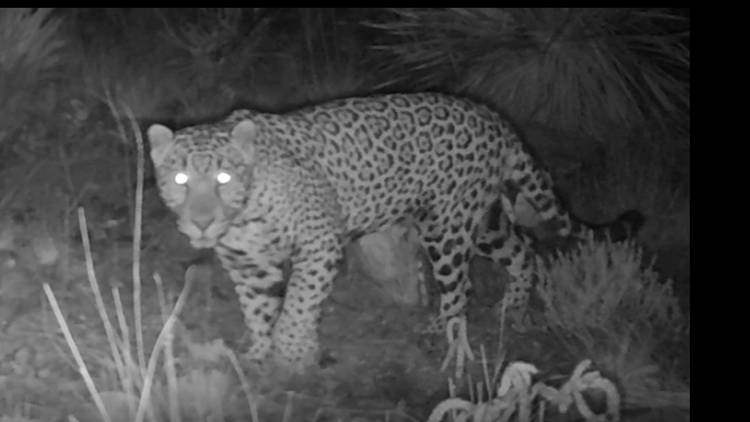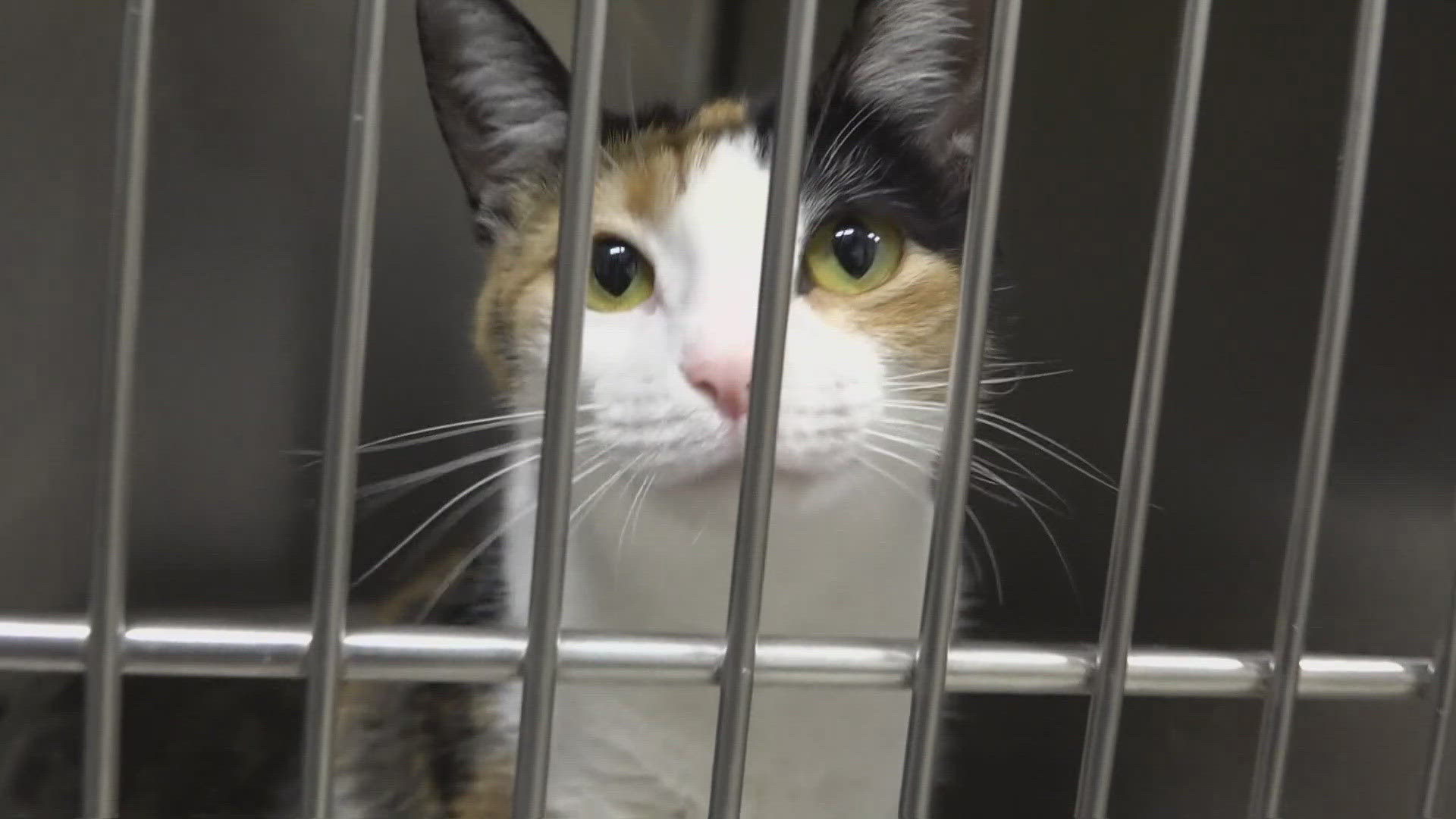ARIZONA, USA — So majestic. So strong. A jaguar can crush a skull in one bite. But they're an endangered species.
Researcher Ganesh Maren is excited about what he and a team of scientists are finding.
"It was really exciting," Maren said. "And then I saw something spotted, and that was great."
He's talking about what his cameras captured just three miles from the United States border between the U.S. and Mexico.
Maren, whose team set up 100 cameras, found images of a young male juvenile near Arizona.
He named it El Bonito, meaning, "the cute or the beautiful one," according to Maren.
El Bonito is making headlines in National Geographic, part of the education and research team working on the jaguar project, along with scientists from Mexico, the University of Wyoming and the University of Arizona.
"The great news, the really important news," Maren said, "it's a juvenile."

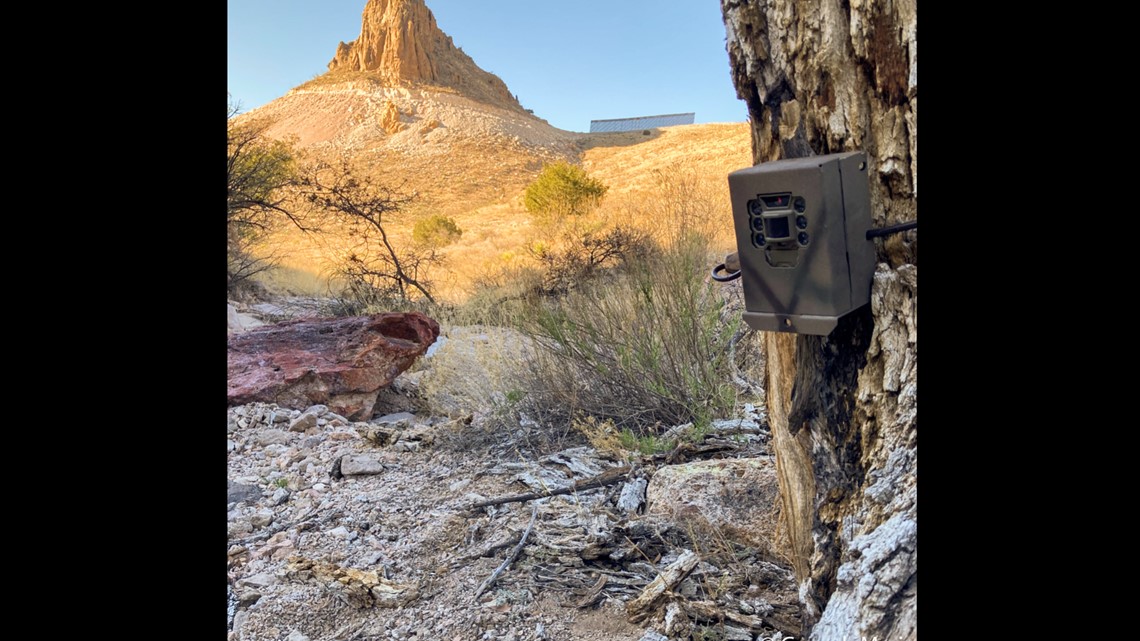
That's a big deal because it could mean, he explained, that jaguars are breeding again on our doorstep because a young male would not wander far from its mother.
Maren is hoping to find El Bonito's mother on his cameras next.

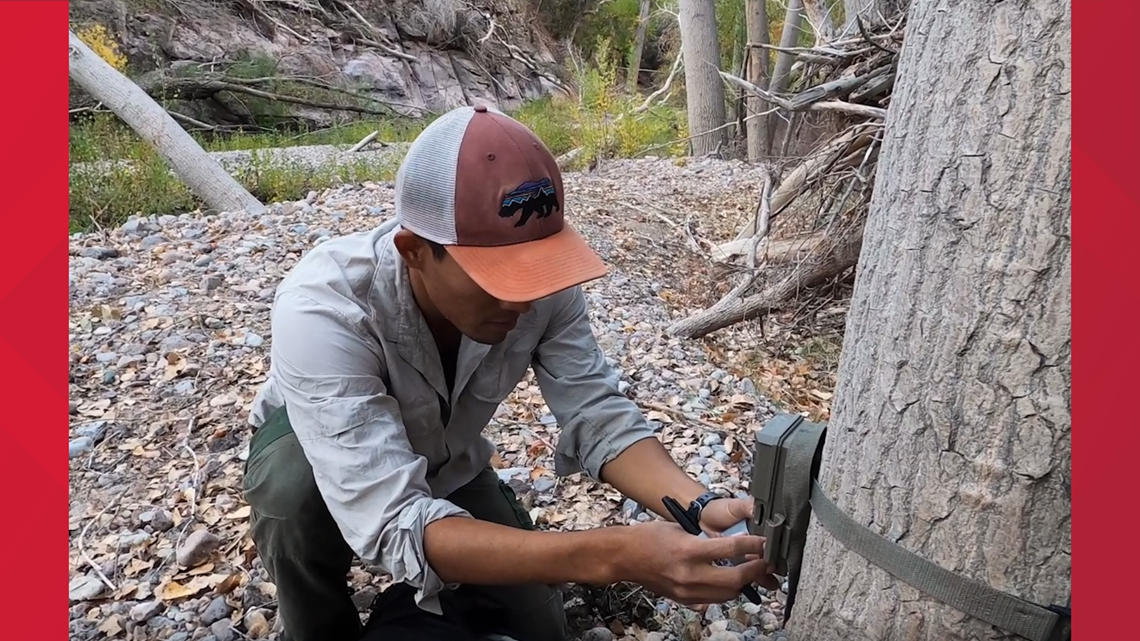
A lot of people don't realize jaguars used to roam in the United States, Maren explained.
Dan Maloney, Deputy Zoo Director at Jacksonville Zoo and Gardens, said there are fossil evidence jaguars were in the panhandle of Florida. He said their range spanned across the southern part of the U.S. until poachers wiped out the population.
Maloney said he supports Maren's research, but he wants people to keep in mind the key to saving the jaguar is to save their homelands in South America.
The zoo currently supports researchers working on that effort now.
Maloney, though, is on the same page as Maren when it comes to even trying to describe the majesty of the jaguar.

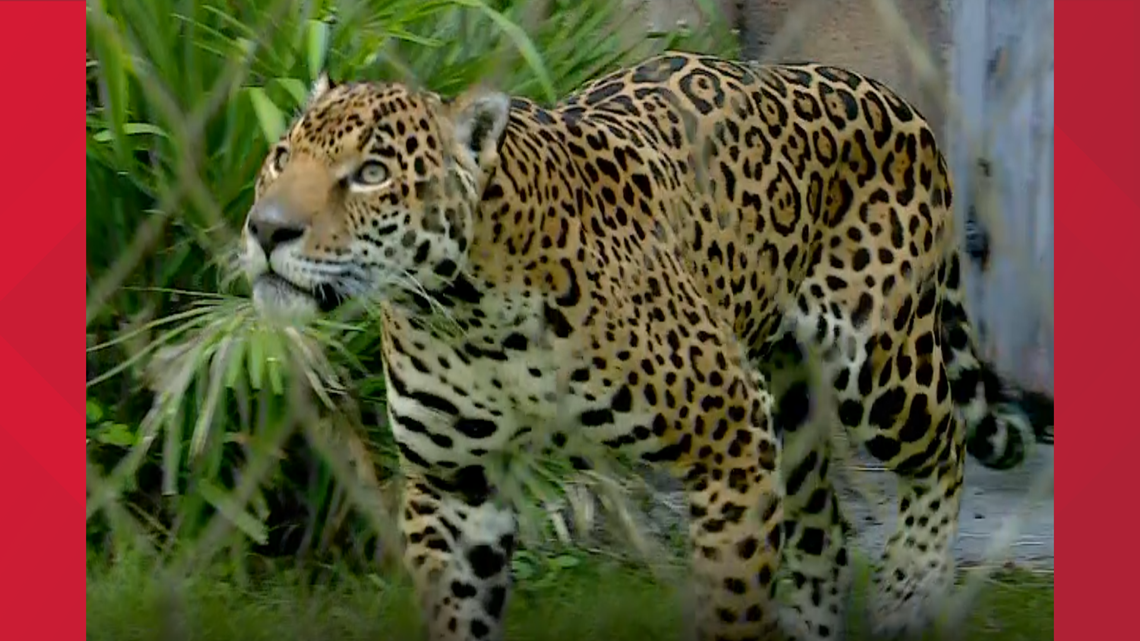
"They're just gorgeous. And fascinating," he sai. "They are strong, strong animals."
The largest big cat in the Americas and, of course, our NFL team's namesake.


